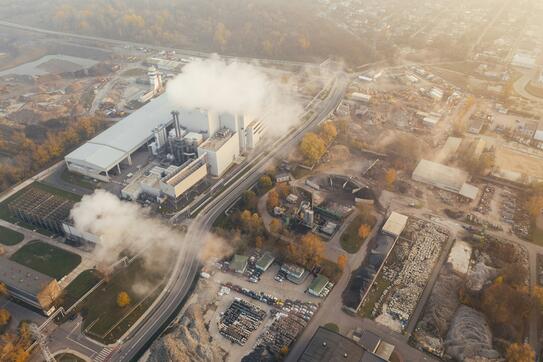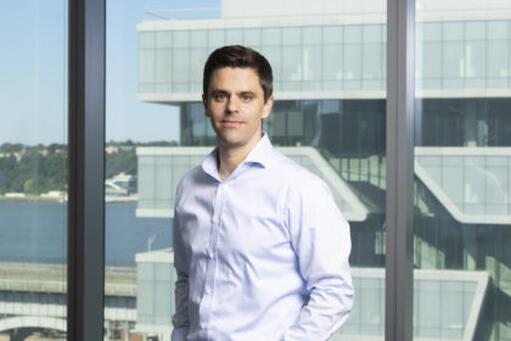New York, NY – Intense negotiations at the 2023 COP28 meeting in Dubai, UAE resulted in a landmark agreement between over 200 countries worldwide to transition away from fossil fuels that are the leading cause of global warming. As nations and economies move away from burning coal, oil, and gas and towards renewable energy, a key question remains: how much will it cost to make the switch? New research from Columbia Business School Professor Gernot Wagner shows that the two sets of leading–and competing–models of emission reduction costs are incomplete and finds a possibility for middle-ground to better estimate the cost of a climate transition.
The study, The Costs of “Costless” Climate Mitigation, examines differences between The United Nations Intergovernmental Panel on Climate Change (IPCC) “bottom-up” model and the opposing top-down approach widely accepted by economists. The IPCC’s “bottom-up” model, mirroring earlier results by management consultancy McKinsey, assumes emissions reduction can be costless or even save money by looking at specific activities in different sectors like energy or agriculture. Meanwhile, the top-down approach assumes emissions reduction activities are generally costly considering tradeoffs with other investments, and that they require policy intervention. Professor Wagner and his co-authors, Yale University Professor Matthew J. Kotchen and University of Delaware Professor James A. Rising, conduct a comparative cost analysis and show that the IPCC model underestimates the true costs of emissions reductions by not fully accounting for non-monetary barriers like individual’s personal preferences and the lack of information and uncertainty on new technology. They show that the top-down approach, in turn, may overestimate the costs because they do not consider the possibility of finding ways to reduce emissions while saving money, nor do they account for potential benefits like technological learning and pillows that could lower future costs. To fully understand and communicate cost estimates, the research argues for better reconciliation between the two leading approaches and suggests closer engagement between climate scientists and climate economists to better inform policy and communicate the scale of future challenges for the climate transition. Importantly, the researchers also offer opportunities for policy, research, and businesses to improve their approaches as they interpret and communicate on climate mitigation.
“The shift from fossil fuels sets a new precedent for the global climate transition, and as more climate solutions enter the playing field, stakeholders across the globe must work to better understand the needs at stake to facilitate the process. Our study makes it clear that climate scientists and economists should collaborate to better estimate and measure the economic costs and benefits of fighting the climate crisis,” said Professor Gernot Wagner, Senior Lecturer in the Discipline of Economics in the Faculty of Business.
To learn more about cutting-edge research being conducted, please visit Columbia Business School.
###


